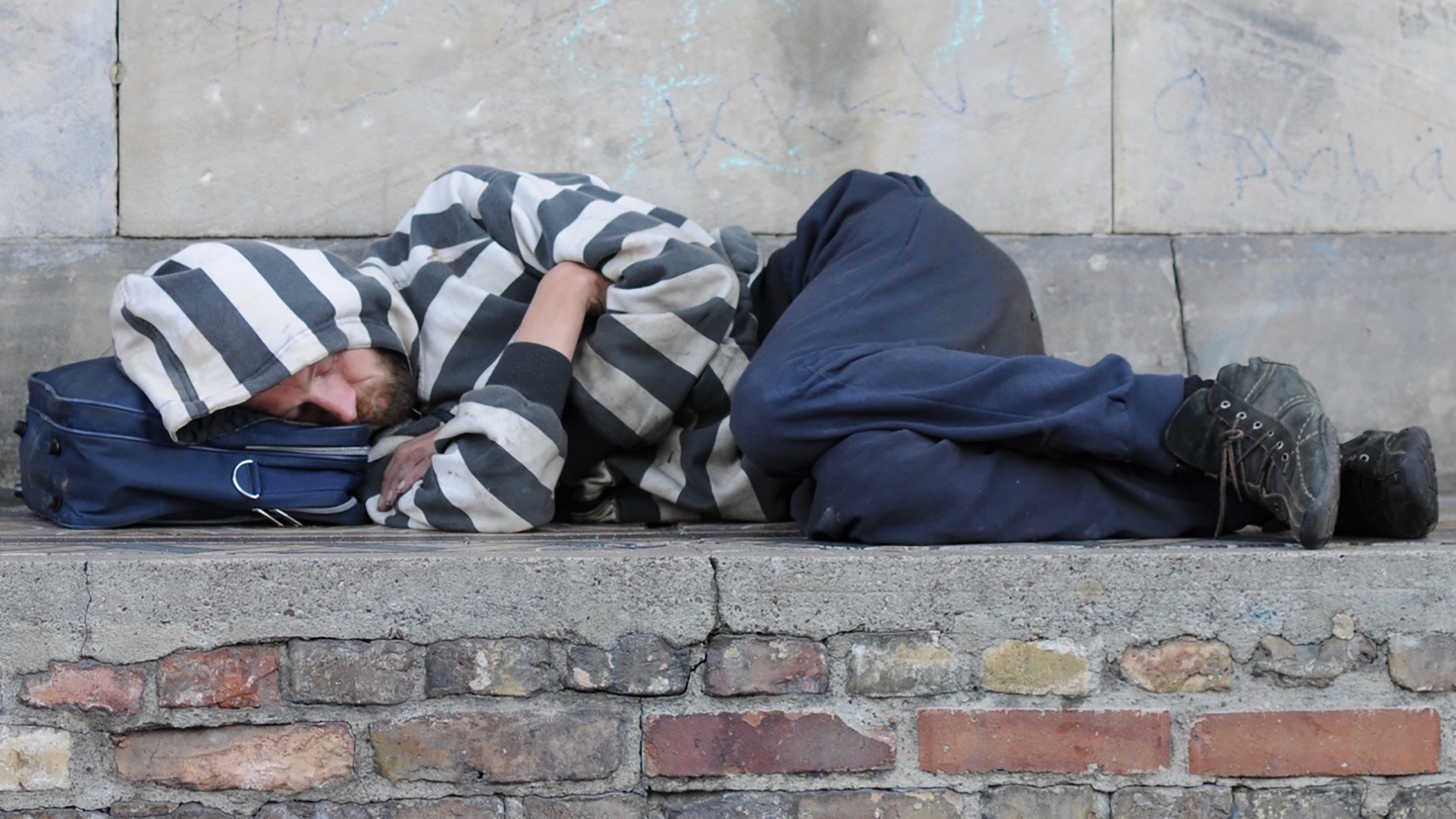The effects of homelessness can prevent former rough sleepers from seeking out healthcare even after they secure stable accommodation.
A new report from London homelessness charities Thames Reach and St Mungo’s as well as the Greater London Authority delved into deaths among people who had moved on from life on the streets with the help of local Tenant Sustainment Teams (TSTs).
Researchers discovered that good quality, stable accommodation does improve health and wellbeing but the rigours of rough sleeping can have a serious impact on mental health and self-worth that persist even after people are housed.
This research is important in shining a light on the stigmas and wider impact of #homelessness and social exclusion.
We're very pleased to have worked alongside @ThamesReach and @LDN_gov on this report. More information 👇 https://t.co/FHuSG6NHK6
— St Mungo's (@StMungos) January 17, 2020
The stigma of homelessness also continues and that can prevent former rough sleepers from accessing healthcare. The report also found that social isolation remains an ongoing health issue and can be a major risk factor in early deaths, as can bereavement, violence, exploitation and benefits issues.
The small-scale research project’s findings will be shared among healthcare providers as well as TSTs to improve practices and has informed homelessness prevention groups to seek out these factors to prevent people falling into street homelessness in the first place.





